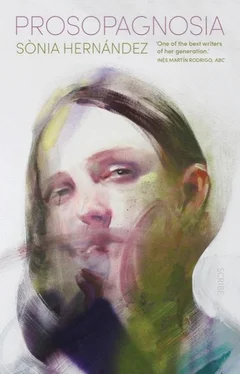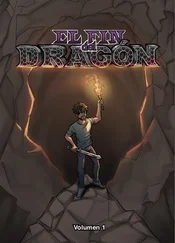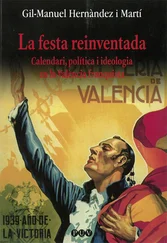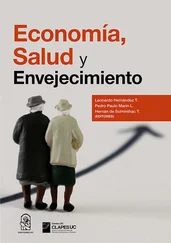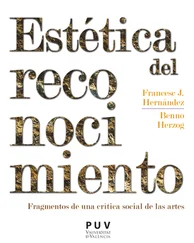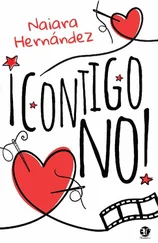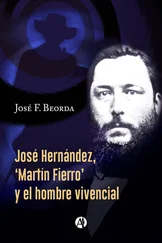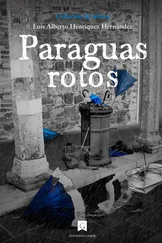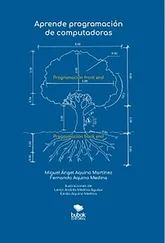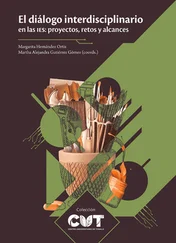I kept on talking calmly in my incomprehensible language until a gust of wind opened one of the doors to the room to reveal the huge patio, filled with palms trees and plants and other shrubs whose names I didn’t know. Through the door came a huge, majestic ibis. In the same way no one had seemed to notice my absurd language, no one seemed surprised to see this enormous bird stalking around the elegant room, without interrupting the literary salon. The ibis belonged in these surroundings, and what’s more, its entrance revealed the presence of many more ibises on the patio. I didn’t need to see them to know it was true. In the same way that such conversations were possible in this dream house, so was the peaceful presence of these birds. The ibises, like me, had arrived at a place where they were no longer in danger.
After briefly watching the majestic parade of the bird amongst the salon attendees, I continued prattling while Bárbara Jacobs took my hand and looked at me with compassion. She told me that it was all over: everyone had left. There was no reason to keep crying, because she had understood everything. There was no need to run away anymore, and I didn’t have to leave, because I could stay right here, in her Hotel Poe.
Nothing led me to believe that the afternoon’s visit, which would be my last one, would be any different to the others in which we had discussed his childhood, literary salons in Mexico, or his work. Like on previous occasions, he was holding a pencil in his right hand. It made me think that in thrillers, they often discover the murderer’s identity because of little details like this. But then I remembered that I wasn’t as smart as I thought I was.
He invited me to sit at the same table as always, in the wicker chairs so carefully set out. The studio was as clean as it had been on all my other visits, but I was able to discern something different. On one of the shelves where I had seen the canvasses lined up as if they were books, there was an empty space that allowed me to catch sight of the perfectly blank canvas of one of the paintings that, at one point, I had imagined to be covered with the brushstrokes and oil paints of the artist. What’s more, another one of those pristine canvasses was sitting on the table, with a brand-new pencil resting on top of it. Once I noticed it, I couldn’t help but find it ridiculous, even if it revealed the true attitude of the supposed artist.
The unused pencil brought to mind one of the many books about Vicente Rojo that I had been consulting over the past few days, The Pencil’s Apology . It was another gem of a book that collects the artist’s work, but this time it came with a sensitive and razor-sharp text by the surgeon Arnoldo Kraus. In the book, Kraus investigates his fascination with pencils, especially the ones that, through use, have ended up short and worn down, the ones he never throws away and keeps in an old cigar box. When you hold the book in your hands, it’s difficult to put it down again, just like with certain pencils, as if we wished to be ready at all times for the moment these objects decide to manifest themselves and reveal the messages they surely are hiding.
My meeting with the man passing himself off as Vicente Rojo seemed like an awful reproduction, a ridiculously pretentious and worthless copy of the collaborations and relationships evidenced by so many valuable books and catalogues. I felt like I was watching a child’s game in which two participants imitate their parents, or actors they see on television. I had played these sorts of games all the time at school.
He began the conversation:
‘Why did you want to see me again?’
‘Lately there has been a lot going on at my daughter’s school.’
He grew tense, and with a violent gesture he gripped his pencil so tightly his fingers went white. Why didn’t he remember that Vicente Rojo was left-handed, that he had hated school because they used to tie back his left hand? By becoming right-handed, why was he conceding victory to the people who had done something so insensitive? His eyes were shinier than when he had opened the door, and he was clearly making an effort to hold my gaze. After the slightest of pauses, during which I might have tried to test him, I went on.
‘Perhaps you’ve heard that one of my daughter’s best friends is very ill?’
He kept on gripping the pencil and it seemed like his cheeks were flushed beneath his beard.
‘Yes, I heard about it. Unfortunately, you know how news like this gets around. But you also know I have nothing to do with the school.’
At that moment I thought that maybe he was the one testing me out, trying to get me to reveal how much I knew about his lies. That moment also made me think of thriller movies, and of the fact that I wasn’t very smart.
‘It’s Mario. He’s got cancer, and all his classmates, well, I’d say all of the students really, are very affected. You know how impressionable kids are at that age — everything is much more traumatic,’ I said, blushing. ‘My daughter, for example, has been much sadder and more vulnerable since she found out.’ It seemed like the tension in his hands was subsiding. ‘I guess they’re afraid, and they want to do something with all these feelings they have. They’ve decided to paint a mural with Mario’s portrait on one of the walls at school. And they want you to help them. Could you?’
I saw a tired old man sitting before me. I was asking him to help a bunch of teenagers with some graffiti. I tried to decide how best to progress from a moment like this. Perhaps I was waiting for the man passing himself off as Vicente Rojo to begin one of those long speeches I had yearned for on previous afternoons, the ones that ended up enthralling me. I wasn’t able to steer the conversations, as could be seen by the silence we had become immersed in for a long time. In the end, he chose to speak, and when I failed to reply, he kept going.
‘If what you are doing weren’t so crazy, I’d think it was very cruel.’
Despite everything I knew, I was hoping that this whole matter would find its logic, the missing piece of the puzzle that would put everything in place and allow us to find a reasonable explanation for what was going on. I was waiting for the magic words that would make everything comprehensible, and they could only come from him.
‘I don’t understand what you’re saying. Have you really come here to ask me to help your daughter’s friends paint a mural of a kid who has cancer?’
I sat there without responding, avoiding looking him in the eyes. I remembered arguments with Pablo in which he had reproached me for my inability to perceive the pain I could cause others. More than once he’d accused me of being irresponsibly cruel, but I’d always felt his accusations were mostly the result of his poor command of language. Pablo had no reason to accuse me of being cruel. In all likelihood he was accusing me of something else, but I never quite understood what. In the end, he was the one who abandoned me and Berta.
‘I think it’s a good idea. We can help these kids out. We’ll paint the portrait of their sick classmate, you’ll get your article, and your daughter will get her disgusting bird.’
I had to remind myself that on this particular afternoon, I was the one with the moral high-ground. That old man was just a ridiculous fraud. He had tried to pass himself off as one of Mexico’s most prestigious contemporary artists. Who did he think he would fool? Even my daughter, who was only fifteen years old, had tried to warn me. She had warned me with the same desperation she used later to ask me to get the man to help her with the mural. In my dream, Vicente Rojo had complained that muralism continues to be considered the most significant Mexican art form. With anger, he remembered this quote from David Alfaro Siqueiros: ‘There’s no other way but ours’, and how all the young artists who were being called the breakaways — he was one of them — had wanted to show how wrong that statement was. It was all so feverish.
Читать дальше
